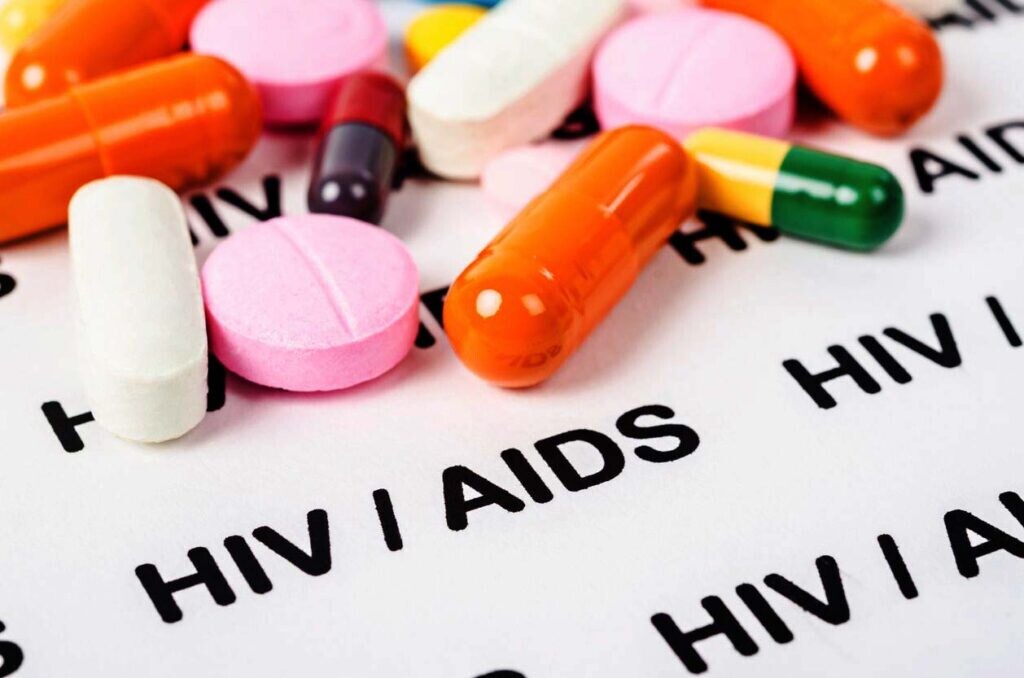Masindi, (UG):- Masindi District health officials have raised a red flag over the growing trend of some religious leaders, particularly pastors, advising HIV-positive persons to stop taking antiretroviral drugs (ARVs), and instead turn to their divine healing.
This practice, according to authorities, is jeopardizing efforts to manage HIV in the district and frustrating care for people living with the virus.
“There is a problem with some pastors here who are telling their followers to stop taking ARVs, which increases the risk of spreading HIV. This is very concerning, and pastors are becoming a problem for our district,” said Oliver Nyangoma, Masindi’s HIV focal person.
Nyangoma stressed that while HIV cannot currently be cured, it can be managed with proper adherence to medication.
She warned people living with HIV that stopping their ARV treatment is dangerous and urged pastors to stop spreading misinformation.
“People need to understand that once you contract HIV, there is no cure yet. The only option is ARV treatment. Pastors should know better,” she added.
Brian Masimbi, data manager for the Uganda AIDS Commission, also expressed concern, advising pastors to encourage their followers to adhere to medical advice for a longer, healthier life.
“We appeal to pastors to deliver positive messages. It makes no sense to preach to people who are sick and could die when ARVs can help them live longer. Until God calls them, ARVs offer them a lifeline,” Masimbi stated.
Pastors speak out
However, some pastors who spoke out when contacted argue that it is their followers who claim to be healed and stop taking medication.
Christopher Byenkya, the lead pastor at United Miracle Church in Masindi says some churchgoers testify that God has healed them after multiple tests and then abandoned their treatment. “In my church, I’ve seen believers claiming they’ve been healed after numerous tests, and they go off their medication. We can’t stop them when they’re convinced they’re cured,” he explained.
Pastor Byenkya acknowledged that many of these individuals eventually fall ill or die after stopping their medication.
But some pastors, including Julius Aijuka of the Seventh-Day Adventist Church in Masindi called upon the government to provide religious leaders with accurate information about HIV to better guide their congregations.
“We’re not well-versed in the facts about HIV. We ask the government to engage us so that we can dedicate part of our preaching to spreading correct information. If it means telling people to use condoms, we should,” Pastor Aijuka said.
Masimbi from the Uganda AIDS Commission clarified that although ARVs can suppress the virus to undetectable levels, this does not mean a person is cured. He warned that stopping treatment allows the virus to rebound, which could be fatal.
“Even when the viral load is suppressed, it doesn’t mean the person is healed. If they stop taking ARVs, the virus reactivates, and reversing the situation can be difficult, even deadly,” Masimbi said.
Despite the government’s ongoing efforts to achieve its target of zero new infections and zero deaths by 2030, Masindi district health teams say they have now ‘turned the guns’ to religious leaders to refrain from advising followers to abandon ARVs.
Masindi is one of the leading districts in the sub-region for HIV infection rates with a prevalence of 6.5%, significantly higher than the national average of 5.1%. The most affected areas include Bikonzi, Bulima Town Council, Pakanyi, Kijunjubwa, and Kimengo.
Send us your story or opinion on: dailyexpressug@gmail.com. You can also follow Daily Express on WhatsApp for all the latest news and updates.


